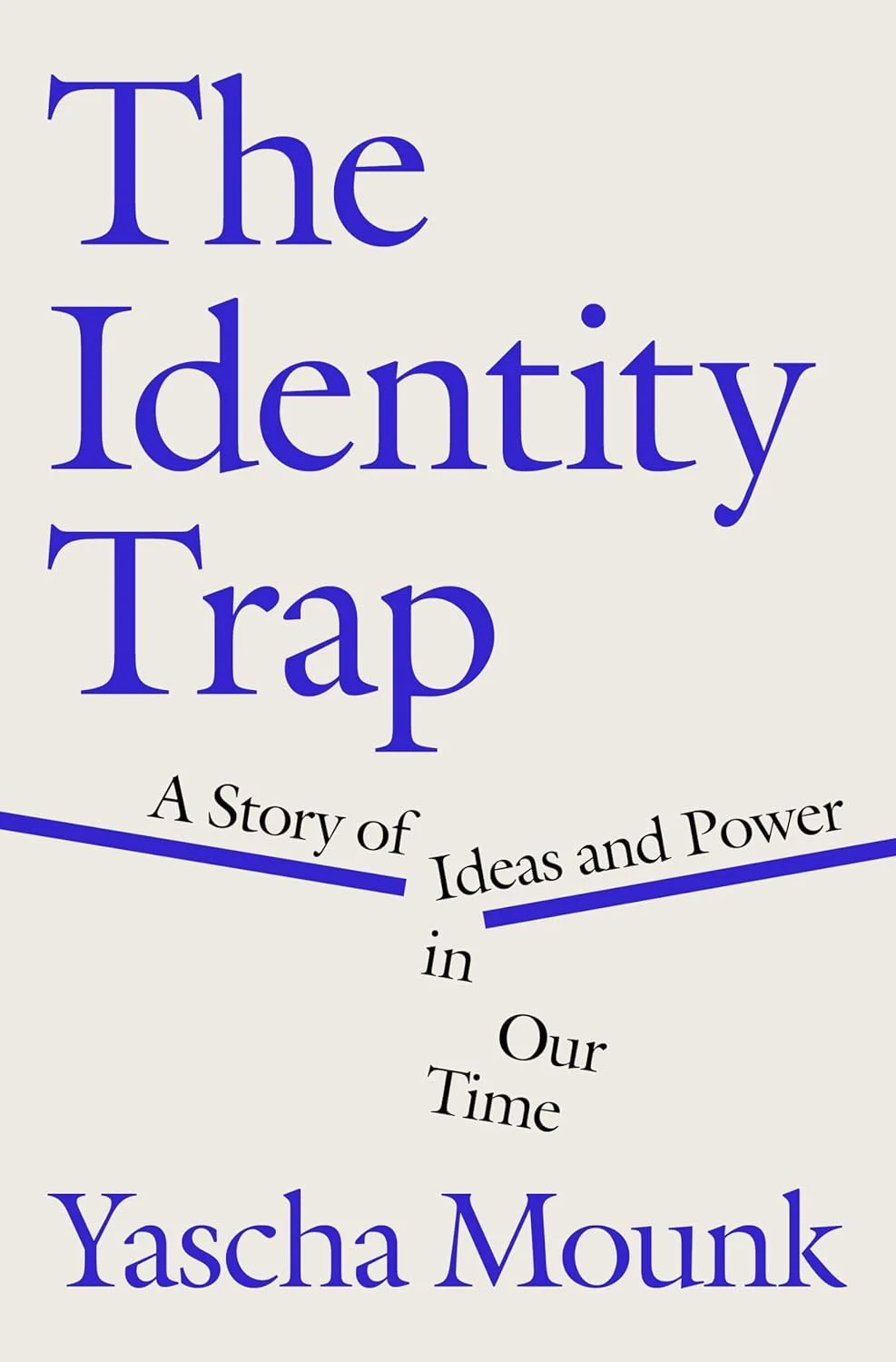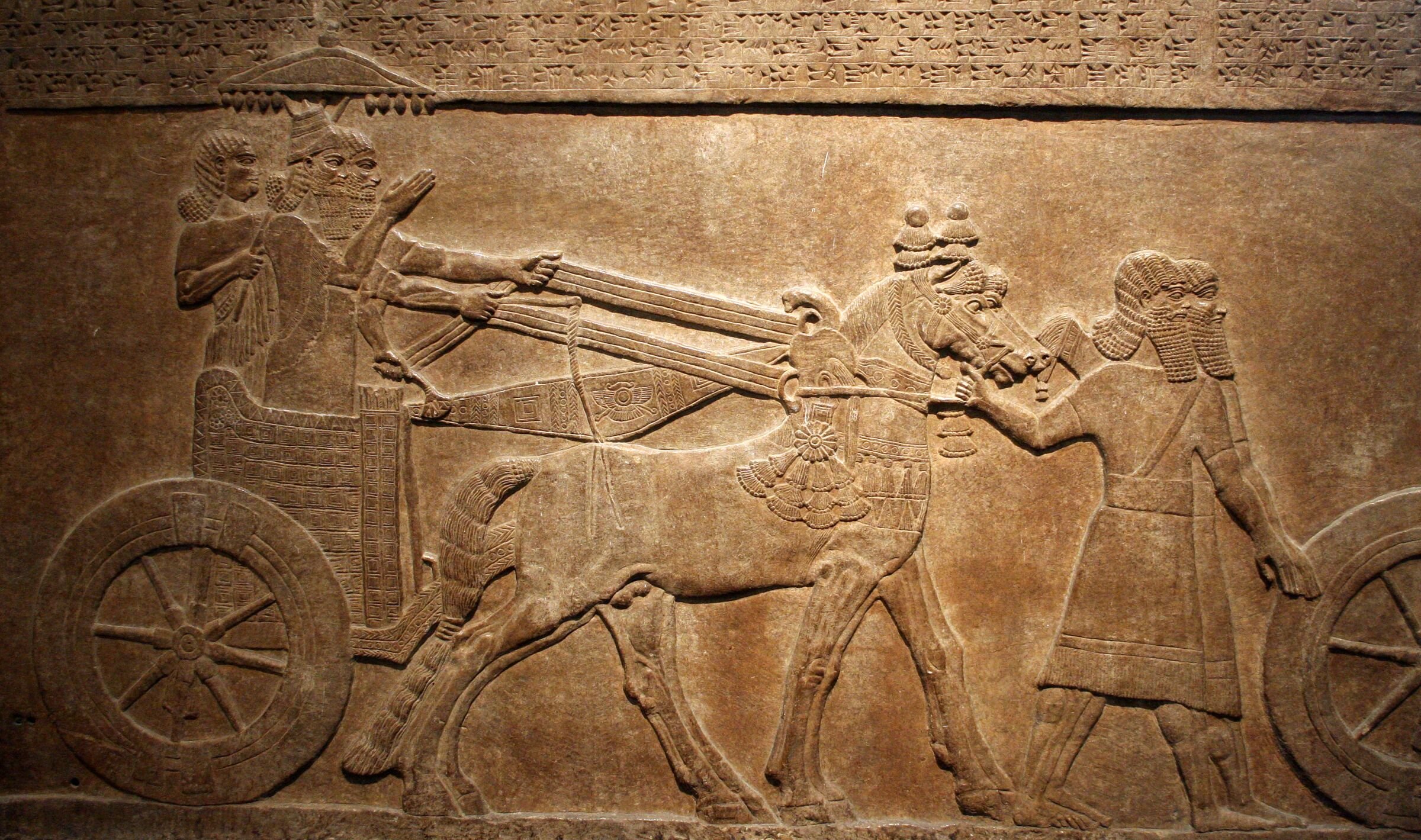Fierce Convictions: The Extraordinary Life of Hannah More
Who is Hannah More?
Unless you have read Karen Swallow Prior’s recent book Fierce Convictions, or you are a careful student of late 18th century British history, you probably don’t know.
I have studied some history from that era. Until I picked up this book, I did not know who Hannah More is nor why I should care. I’ve been missing out.
William Wilberforce is the political figure that is recognized as the leader of the British abolitionist movement. He is the subject of multiple biographies, including the popular book by Eric Metaxas and the recent biographical film, Amazing Grace.
Like any significant political or social figure, Wilberforce did not act alone. Wilberforce was heavily influenced by John Newton’s personal accounts of slavery and his emotional and theological plea to end the barbarity. Wilberforce also relied on a circle known as the Clapham Sect for encouragement and support.
The list of individuals involved in the Clapham Sect includes authors, businessmen, and Members of Parliament. It also includes Hannah More.
Think about this: One of the most historically influential social reformers had a woman in his inner circle in the late 18th century in England. This is so socially abnormal that it speaks to the value More must have brought to the group, as a writer, thinker, organizer, and financial supporter.
Prior’s book fills in a gap in evangelical history by providing a well-written and well-researched biography of a significant player in the reformation of British society. More was instrumental in ending slavery, popularizing the Sunday School movement, legitimizing the role of women as writers, and ending popular support for a variety of social vices.
More wrote a novel, many poems, several plays, and hundreds of pamphlets–the blog posts of the late 18th century. Her literary product was well received and popular, which raises the question why Jane Austen’s moralistic volumes have superseded More’s in the canon of Western Literature. Although I took a course in British literature for my undergraduate degree that emphasized that period of literature (and had us read more than one of Austen’s books), More made nary an appearance.
In fact, it is More’s emphasis on manners and propriety that have largely led her to be marginalized and included only as a footnote to the lives of Wilberforce and Newton. Also, as Prior notes, More made the tragic mistake of rebuking the biographer of Samuel Johnson for drunkenly accosting her. Though she was a close and longtime friend of the popular and influential British author, Samuel Johnson, her rebuke led the offended James Boswell to largely write Hannah More out of Johnson’s biography. The small appearances More makes in that biography present her negatively, which has likely contributed to her disappearance from the pages of histories.
Prior portrays More sympathetically, though not without flaws. While More was adamant to teach the poor to read, she resisted teaching them to write since that was viewed as above their station. More was kind and considerate, but sometimes too subject to the opinions of others. Public criticism and theological debate would cause her to be physically ill.
In the balance, though, Prior’s depiction of More is overwhelmingly positive. Much like Dorothy Sayers, More points toward ontological egalitarianism while recognizing functional complementarianism between the genders. By her example, Hannah More helped to begin the movement evangelicalism from an unhealthy patriarchalism to a more appropriate view of gender. Through all this More clung to her distinct feminine identity and was most injured by accusations of theologically improper gender roles. This biography presents an intellectually brilliant woman who managed to be a major social influencer in a largely patriarchal society without devolving into the shrill protests common among feminists in our day. This facet of More’s life alone makes this biography a worthwhile read.
If you enjoy biographies, this book is a must read. Prior does an excellent job in presenting the facts of Hannah More’s life in engaging prose. The front of the biography may seem to drag a bit for some, as Prior carefully explains why the reader should be interested in More’s life, sets the social stage, and explains why More has been previously neglected. However, the information Prior provides in the first few chapters is essential to the narrative. Once the reader plows through of the details of the back story, which are extremely important to academics like me, into the action in More’s life story, the book is a page-turner.
By the end of the book I was encouraged as a believer living in a time of social turmoil that is similar to More’s epoch. I was instructed by the methods used by More and others to change society. I was delighted by an artful account of the life of a full life. I was blessed by the biography of a godly woman engaged in living her life according to her fierce convictions, which were shaped more by the content of Scripture than the cultural needs.
This is a book that belongs on your shelf. More importantly, it deserves to be read.
Note: A gratis copy of this book was provided by the publisher. There was no expectation of a positive review. All thoughts and ideas expressed above are my own.











